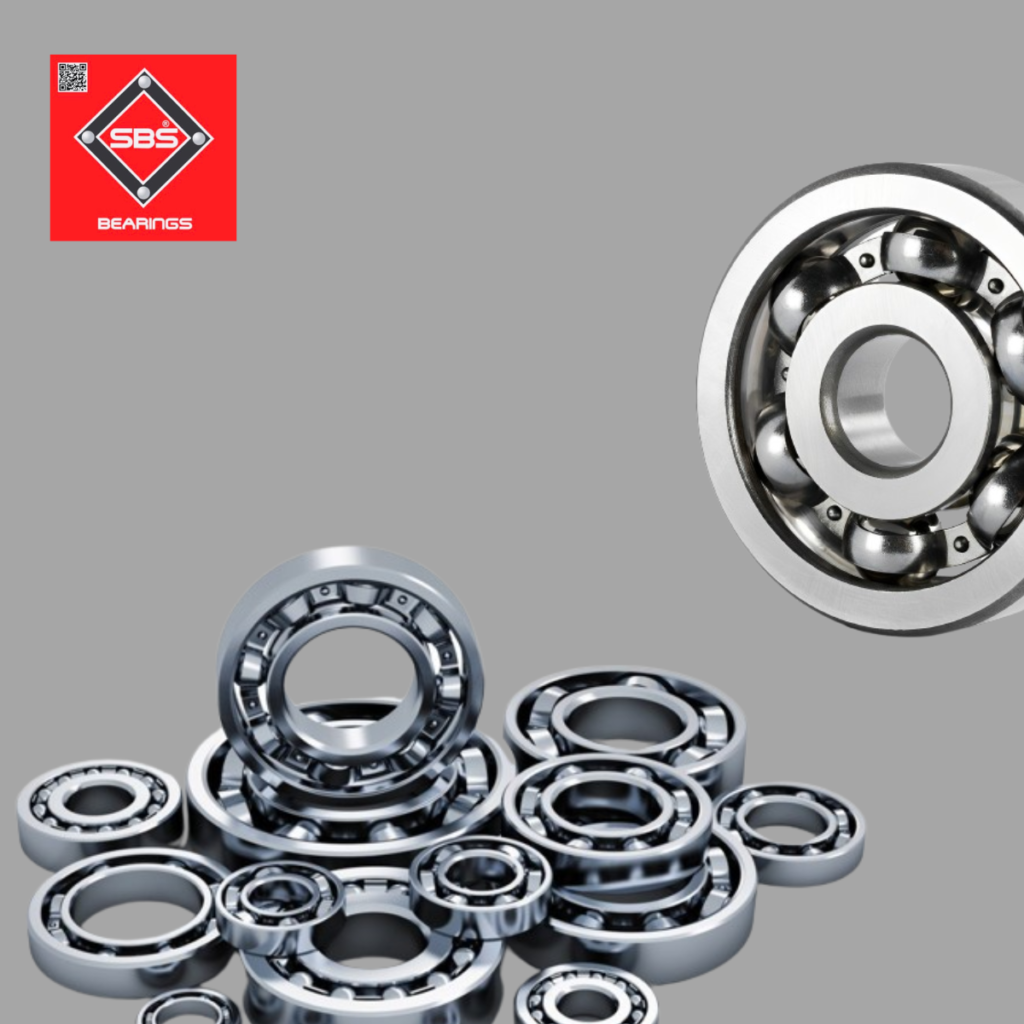Pioneering progress: a comprehensive overview of the Bearing Industry Development In Pakistan.
Introduction:
Bearings are a cornerstone in Pakistan’s industrial landscape. They ensure the smooth operation of machinery in various sectors. The industry has seen significant growth over the years due to economic growth, technological advances, and infrastructure expansions. This article examines the current state and future prospects of Pakistan’s bearing industry, while highlighting important developments and emerging trends.

History of Bearing Industry:
Early Beginnings:
The roots of the bearing industry in Pakistan can be traced back to its origins and early development.
Emphasizing the importance of the pioneering companies in the industry and the industrial pioneers who laid the foundations for its growth.
Growth Pathway:
The growth of the bearing sector in Pakistan over the years, from humble beginnings to its current status as a key component of Pakistan’s industrial ecosystem.
Identifying the key milestones in industry evolution, including technological advances and market trends.
Current state of the Bearing Industry:
Market Dynamics.
Provide an overview of current market dynamics including market size and trends in demand-supply, as well as the competitive landscape.
Analyzing market segmentation by product type, application, and industry to better understand the demand drivers and opportunities for growth.
Industrial Applications.
Explore the wide range of industrial applications in which bearings are crucial, such as automotive, manufacturing and agriculture.
Analyzing the dynamics of demand within each application area and the contribution they make to the growth of the bearings industry.
Imports vs. Local Manufacturing:
Assessing the balance between bearings manufactured domestically and imported products to meet market demand.
Discussion of the challenges local manufacturers face, such as technological limitations, standards of quality, and availability raw materials.
Innovations and Technological Advancements:
Integration of Industry 4.0:
Analyzing the integration of Industry 4.0 technology, such as IoT, AI, and predictive maintenance into bearing manufacturing processes.
Discussion of the benefits that smart manufacturing can bring to the bearing industry in terms of efficiency, quality assurance, and maintenance predictions.
Materials and Design Innovations:
Recent innovations in bearing materials and coatings as well as design technologies that aim to improve performance, durability and efficiency.
Investigating the development of high-performance and lightweight bearings for specific applications in the aerospace, renewable energy and medical sectors.
Growth Drivers and Investment Opportunity:
Infrastructure Development:
Analyzing impact of infrastructure projects such as CPEC, (China-Pakistan Economic Corridor), in the construction, transportation and energy sectors.
Identification of investment opportunities for bearings used in infrastructure projects, heavy machinery and construction equipment.
Expansion of the Automotive Industry:
Assessing the growth potential of Pakistan’s automobile industry and its implications on the bearing market.
Exploring the investment opportunities for producing bearings in vehicles such as passenger cars, commercial trucks, and two-wheelers to meet the increasing domestic demand.
Export Potential:
Recognizing Pakistan’s export potential and strategies for enhancing global competitiveness.
Discussion of export markets, trade agreement, and certifications for quality required to successfully penetrate international markets.
Challenges and Strategies to Overcome Them:
Technological Obsolescence.
Addressing the challenges of technological obsolescence, and modernization and upgrading of manufacturing facilities.
Recommend strategies for technology adoption and skill development.
Quality Assurance and Standards Compliance:
In order to gain market acceptance and ensure product reliability, it is important to emphasize the importance of quality control and compliance with international standards.
Propose measures, such as certifications of quality, strict quality control processes and supplier audits, to maintain consistency in quality.
Conclusion:
The bearing industry has made great strides in Pakistan, thanks to a combination historical developments, technological advances, and market dynamics. The bearing industry in Pakistan is set to grow and expand as the country embarks upon a path of infrastructure and industrialization. Pakistan can become a major player in the global market for bearings by leveraging technology innovations, exploring new opportunities and addressing key issues.
0 Comments